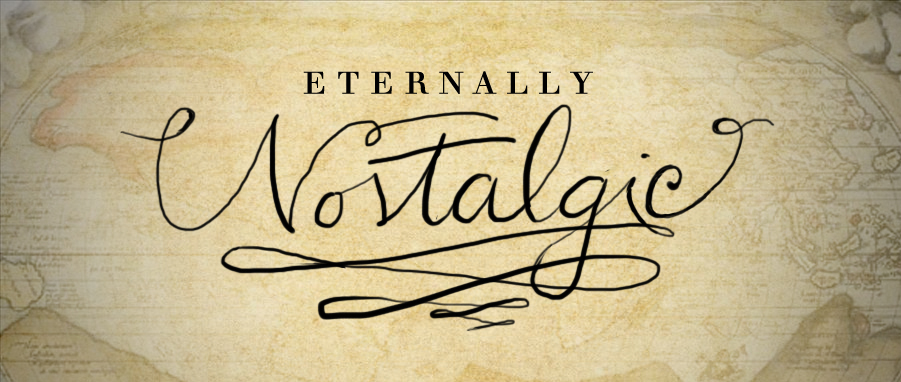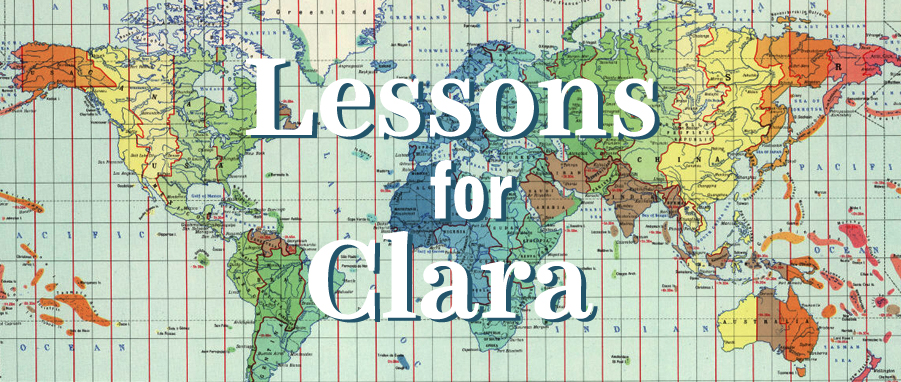If you’d asked me ten years ago, or even two years ago, where I’d be living at age twenty-five, I might have guessed New York or Boston. Perhaps I’d even shoot a glance toward the West Coast, but I certainly never would have guessed I’d find myself in Atlanta. Atlanta’s a lovely place, but it was never on my radar. Before I showed up, I hadn’t internalized any stereotypes about the food or the people or the culture here. In fact, I had no idea what the place even looked like. (So many trees! So many strip malls!) It’s been a really wonderful aspect of settling in here, I think—arriving without assumptions and just taking it all in.
The thing about just showing up is that you get to notice exactly how a place folds in around you. When I moved to Boston for college, I had so many ideas about who I’d be there and how I’d belong. But you can spend a long time wrestling with the difference between who you think you’re supposed to be in a place and who you really are.
I moved here in June without much of a plan for what I’d do or who I’d be in this new-to-me town, and I like it much better that way. Somehow, it feels simpler this time, getting to know myself and my new context without having to make comparisons to what I’d expected. It’s a little scary approaching life in a new place without a detailed map and itinerary, but it’s pretty exciting too.
As a writer, I love trying to think ahead, imagining how the arc of a story will pan out. I love answering questions like, “How do you imagine your life five years from now?” It’s comforting trying to predict the future.
But I’ve learned that life doesn’t really work that way, plotting out a set of points and connecting them with straight lines. Instead, my imaginary future is most helpful for understanding the present.
When I was in sixth grade, I was set on becoming an astronaut one day. I loved learning about the universe, and I really wanted to leave my small town behind for fabulous adventures. Years later, that same impulse landed me not on Mars but in Divinity school. There I didn’t study how the universe looks or how it works, but rather a bit about how each of us imagines the universe from where we’re standing.
From where I’m standing today, the universe looks very beautiful and strange, and the future looks wide open. I wonder a little about where I’ll be five years from now, but I’m learning to wonder more about how I’ll shape today.
When I focus more on where I am than on where I will be, life starts to feel less like a timeline and more like a spiral. Even as we move forward, we can look back and notice how we’ve circled back around to familiar places and ways of being.
Recently in the Jewish calendar, we’ve entered the month of Elul, a time for reflection and contemplation in preparation for the High Holidays. I’ve often spent this time reflecting on past mistakes and shortcomings and planning how to do better in the year to come. This time, I’ve set myself a new challenge: to delight in what the past is teaching me about today and to allow the future, real or imagined, to illuminate possibilities for the present.



























